Search Results
Search
Filter results
Advanced Filters
Your search returned 288 Solutions
-
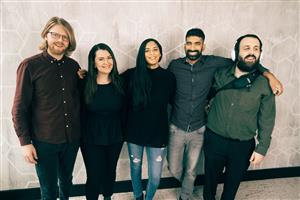
An accessibility testing platform, powered by people with disabilities
The online platform helps companies test whether their digital services are accessible to people with disabilities. It offers community testing and community-centred feedback. Since its launch in 2018, Fable has provided employment for 100 people with disabilities. Customers include Walmart, Shopify, and Slack.
Fable Tech Labs, Fable, Canada -
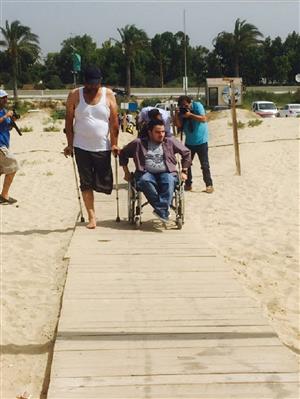
Two-year inclusive tourism project for tourist sites
The Inclusive Tourism Project improves accessibility and inclusion standards at four popular tourist sites. The project consists of architectural modules, workshops for staff and technical consultations to integrate accessibility on the sites. Actions include building ramps, improving access, and creating brail and audio support.
LPHU - Lebanese Physical Handicapped Union, Lebanon -
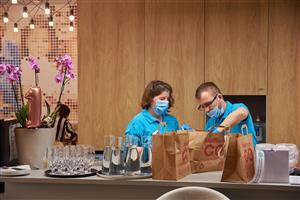
Two restaurants run by persons with disabilities
"Ízlelő Restaurants" are adapted to the needs of employees, with special work procedures and ongoing training. The first restaurant was opened in 2007, and 46 people with various disabilities are now employed in two restaurants and the model has been developed into a social franchise handbook.
Kek Madar Foundation, Ízlelő restaurants – Tasty restaurants, Hungary -
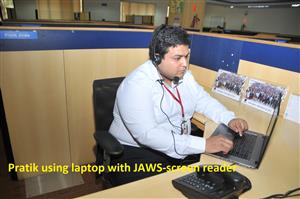
Creating an inclusive strategy for a multinational company
Wipro Ltd. is a global IT- and consulting company with a workforce of more than 170,000 people. In 2009, Wipro launched a formal Disability Inclusion Policy Framework and governance mechanism to create an inclusive environment within the company, benefitting more than 2,000 people with various disabilities.
Wipro Ltd., inclusive company strategy, India -
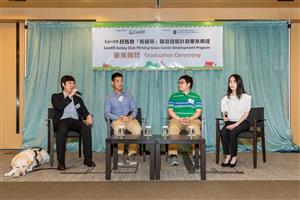
Career development and job matching support for graduates with disabilities
CareER was founded by people with disabilities in 2004 to bridge the gap between educated university graduates with disabilities and the labour market. The online platform offers peer support and assistance in career development. In 2020, CareER has almost 600 registered members.
CareER Association, CareER Programmes, China - Hong Kong -
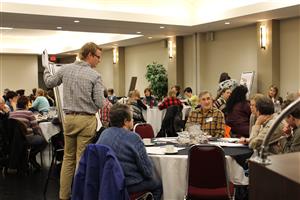
Collaborative Creation of the Ten-Year Action Plan
The Plan for Inclusion is the result of extensive community consultations involving up to 1,150 people and leading to 4,500 proposals. These will be addressed by advisory groups, which include people with disabilities, their families, employers, financial institutions, non-profit organizations, and the technology and business sectors.
British Columbia Ministry of Social Development and Poverty Reduction, Canada -
Training the teachers and their trainers in Inclusive Education
A key part of the programme is the provision of training courses on Inclusive Education at the Armenian State Pedagogic University, where there are two compulsory and two optional courses on Inclusive Education. 200 mainstream schools are supported to become inclusive and some 5,000 teachers from these schools are beiing trained.
Bridge of Hope, Armenia -
Teaching sign language to everyone in an entertaining way
The focus of the project is to increase awareness of the needs of persons who are deaf or hard of hearing, by teaching sign language to the public, thereby acquainting hearing people with deaf culture. The success of the programme led to the expansion of the project, and to offering additional basic and advanced courses.
Access Israel, Israel -
A company employing 90 per cent persons with disabilities in online services
Genashtim Innovative Learning Pte Ltd., GENASHTIM INNOVATIVE LEARNING, Singapore
-
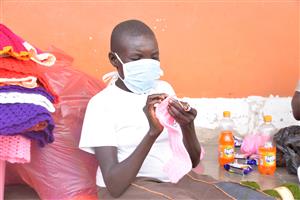
Providing income-generating activities to refugees with disabilities
Launched in 2017, the programme provides inclusive livelihoods for people with disabilities in two refugee settlement areas in Uganda. The water supply is connected to accessible water points, and seeds and tools for vegetable growing are provided. By 2020, 3,215 people have benefited.
World Vision, Inclusive Livelihood for Refugees, Uganda